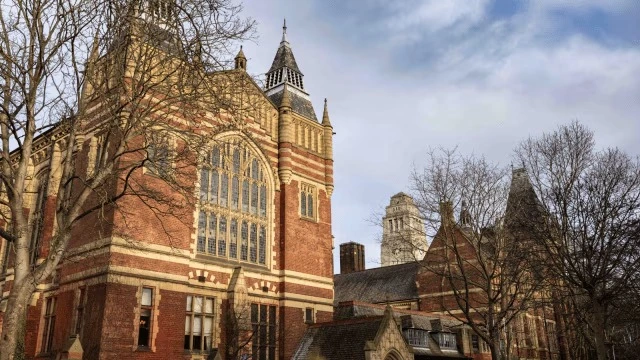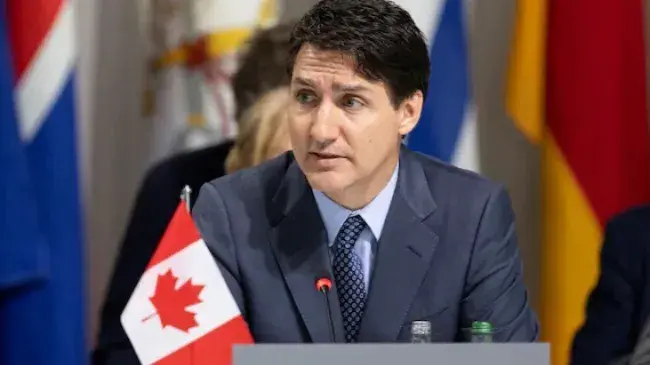University of Leeds Offers £6,000 Scholarships for International Students
The University of Leeds has announced the International Masters Regional Scholarships for the 2025 academic session, offering a £6,000 tuition fee reduction for international students, including those from India. This initiative aims to support talented students by easing financial burdens. The scholarship is available to students from selected countries, including India, Egypt, France, Germany, Japan, Mexico, Peru, South Korea, Spain, Taiwan, Thailand, Turkey, UAE, USA, and Vietnam. Eligibility is limited to nationals of these countries, and mere domicile status does not qualify a student. To receive the scholarship, applicants must: Be classified as international fee-paying students. Hold a conditional or unconditional offer for a taught Masters course at the University of Leeds in 2025. Be self-funding or partially funded. Register as a University of Leeds student by January 30, 2026. Accept their admission offer and, if required, pay a £2,000 tuition fee deposit by the specified deadline. The Leeds MBA program and fully online courses are excluded from this scholarship. Additionally, students applying through International Partner Agreements can only accept the highest-value scholarship if eligible for multiple awards. Unlike many competitive scholarships, the International Masters Regional Scholarship does not require a separate application. Eligible students will automatically receive the award and be notified via email. The £6,000 scholarship will be applied as a tuition fee reduction in the second semester, with students encouraged to opt for an installment payment plan. It can also be combined with other School or Faculty scholarships or external funding, provided the total funding does not exceed 100% of tuition fees. Source: Indian Express
University of Leeds Offers £6,000 Scholarships for International Students Read More »





